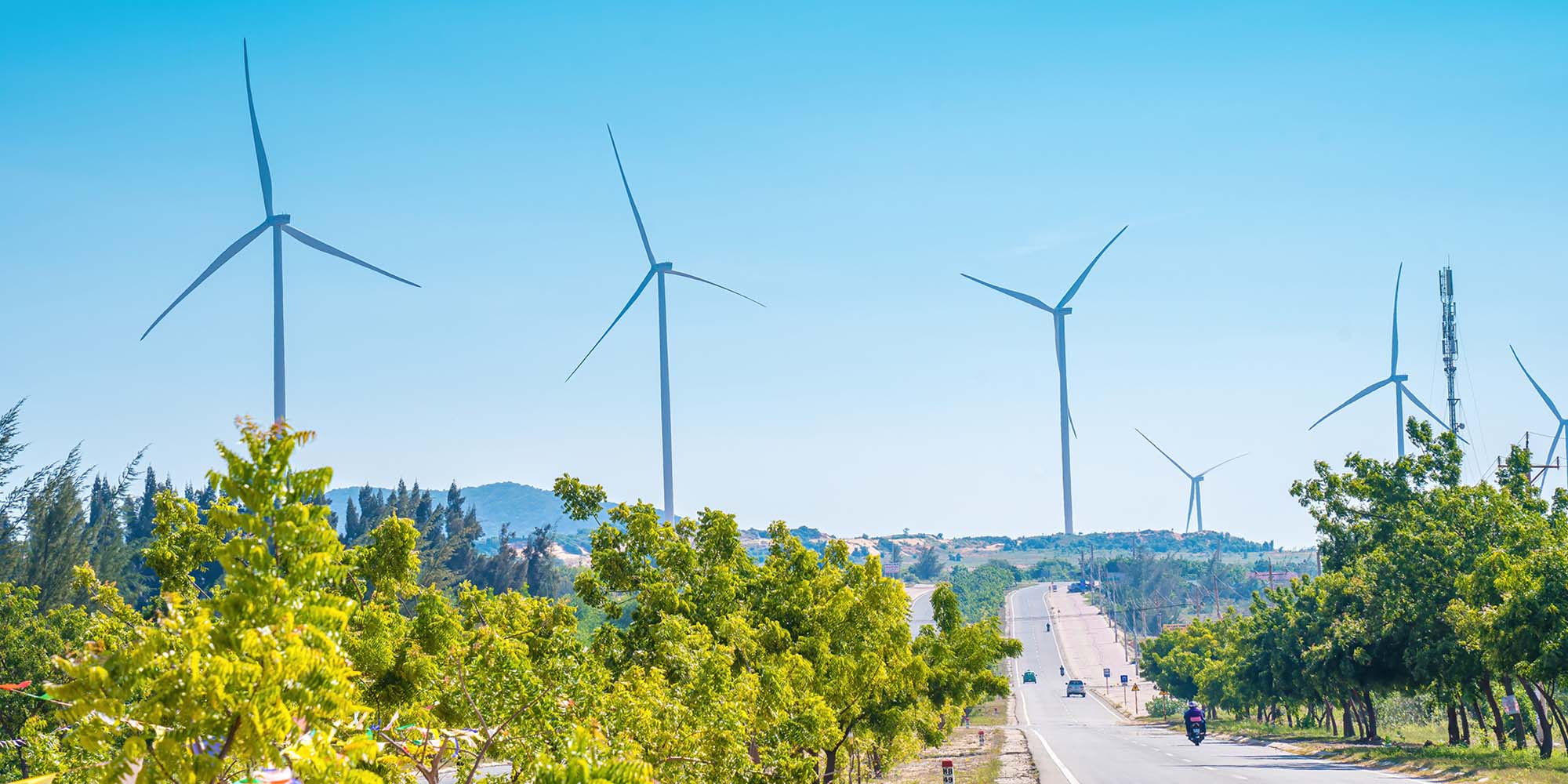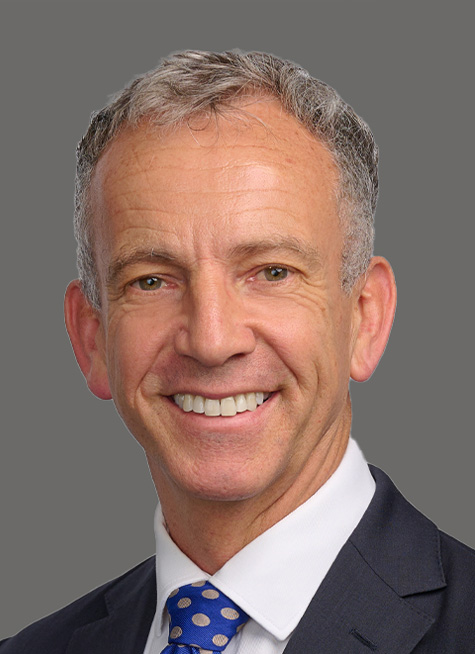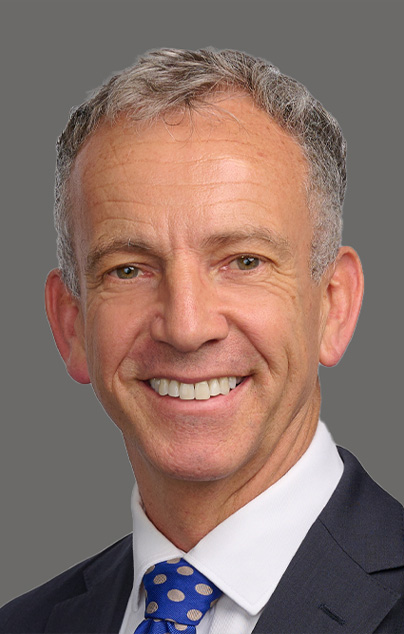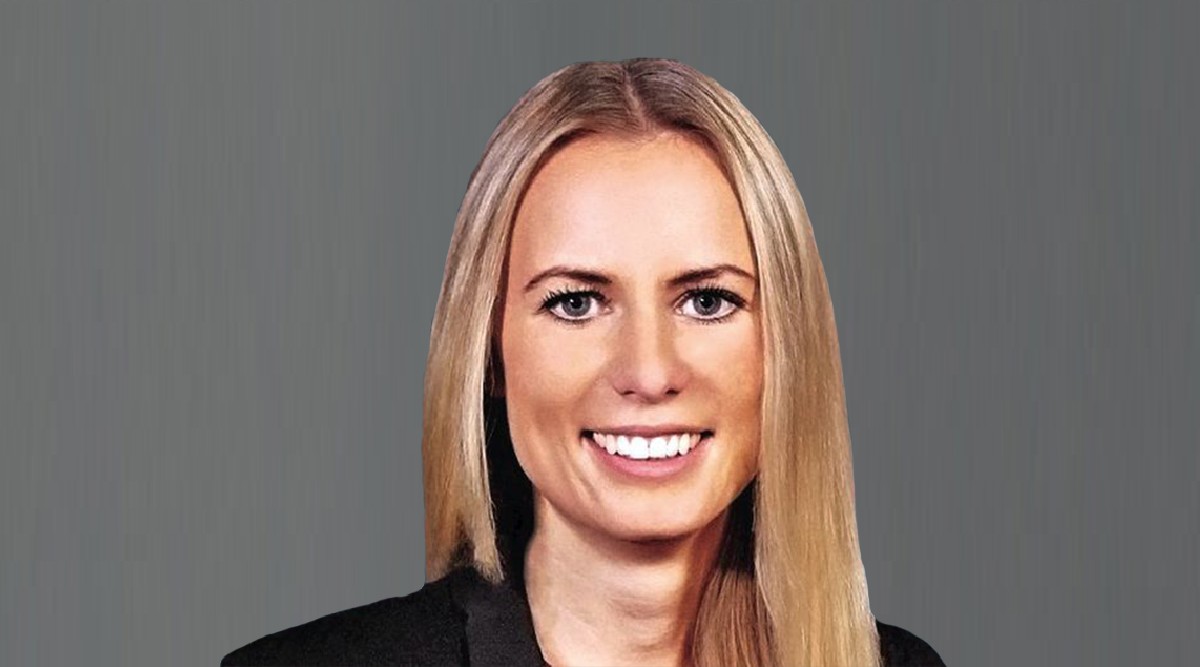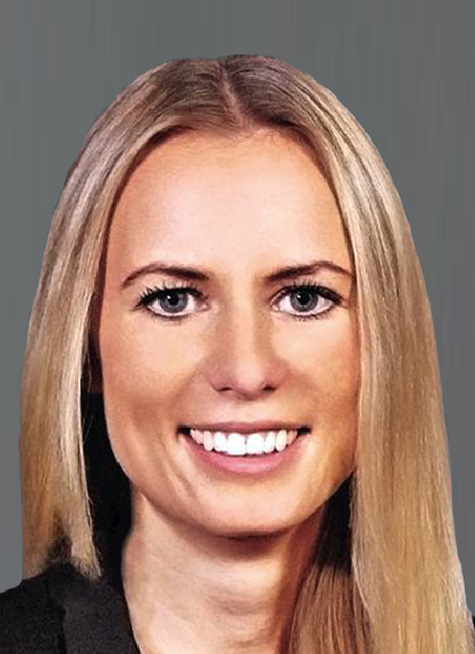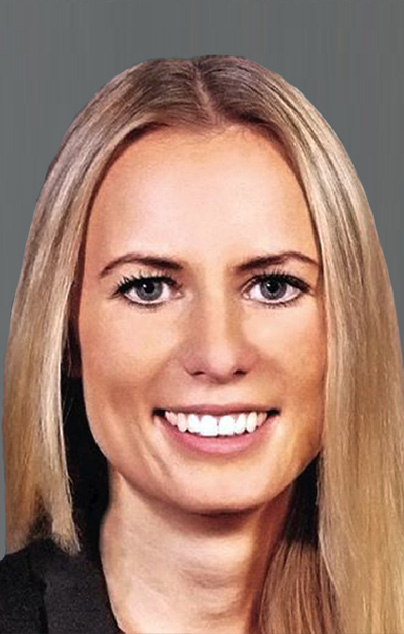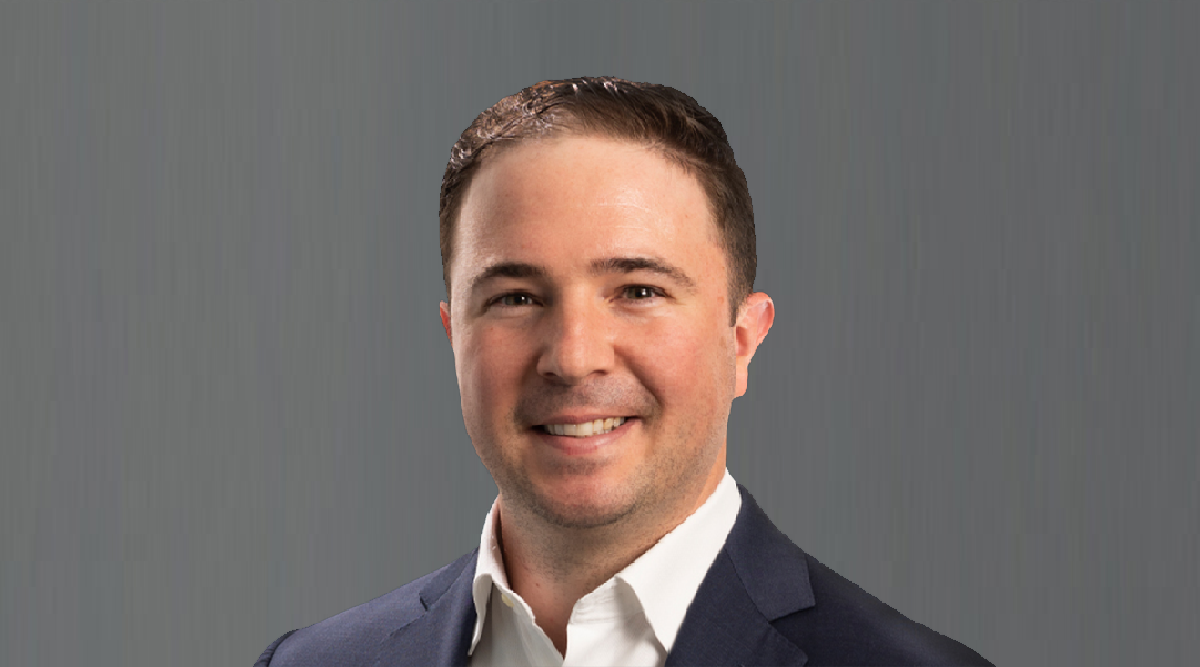Content navigation
Overview
The Martin Currie Australia (MCA) Sustainable Equity strategy invests in a diversified portfolio of ASX-listed equities.
We aim to create long-term value for investors through an actively managed selection of companies which have been assessed using our proprietary approach for understanding sustainability and financial attributes.
This approach results in a portfolio distinct from traditional equity portfolios and sustainability-focused strategies.
Key Pillars of the Strategy

Proprietary multi-lensed research by an experienced team
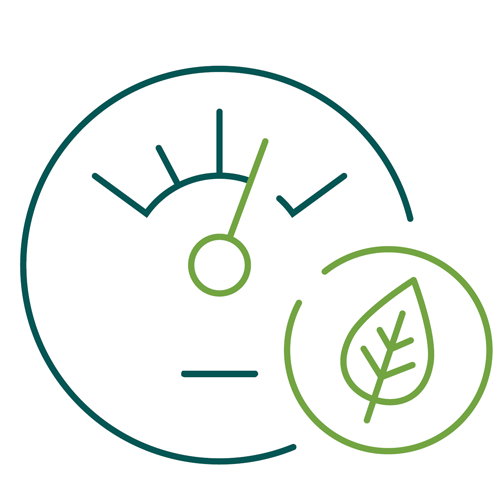
A unique approach to Sustainability assessments

Fully integrated fundamental Active Ownership approach

A focus on active pathways, rather than exclusions
We believe that our long-term track record in alpha generation through varied market cycles demonstrates our ability to deliver for investors who increasingly want to generate healthier outcomes for stakeholders without forfeiting the financial returns from their investments.
Key Information
To provide an after-fee return in excess of the S&P/ASX 200 Accumulation Index over rolling three-year periods.
| Portfolio characteristics | Australia Sustainable Equity |
|---|---|
| Objective | Long-Term Growth |
| Asset Class | Equities |
| Style | Value |
| Investable Universe | Australian listed securities |
| Benchmark | S&P/ASX 200 Accumulation Index |
| Market capitalisation | All cap |
| Country limit | N/A |
| Sector limit | Benchmark +/- 11% |
| Security limit | Benchmark +/- 6% |
| Number of stocks | Typically 40 |
| Portfolio turnover | Typically 30% p.a. |
| Forecast tracking error | Typically ~3% p.a. (ex-ante) |
| Inception | 18 May 2020 |
Key Benefits of the Australia Sustainable Equity strategy

A financial grounding for all investments
The investment process starts with bottom-up fundamental research by our specialised industry analysts.

Sustainability driven portfolio construction
The positive tilt towards companies with more favourable proprietary Sustainability and Shadow Carbon Cost assessment results in a portfolio with a lower carbon footprint and more attractive Sustainability attributes relative to the market.

Value-style exposure with risk control
By focusing on Valuation, and incorporating our Quality, Direction Short-Term and Direction Long-Term lenses for risk control, we invest in stocks that are undervalued based on their financial and Sustainability characteristics, and investors can benefit as these valuation opportunities are recognised by the market.

An ability to challenge for real change
By having a seat at the table as investors and proxy voters, we can develop strong ongoing relationships with investee companies and challenge them towards more sustainable business practices and long-term value for clients.
Key Benefits of the Australia Sustainable Equity strategy

A financial grounding for all investments
The investment process starts with bottom-up fundamental research by our specialised industry analysts.

Sustainability driven portfolio construction
The positive tilt towards companies with more favourable proprietary Sustainability and Shadow Carbon Cost assessment results in a portfolio with a lower carbon footprint and more attractive Sustainability attributes relative to the market.

Value-style exposure with risk control
By focusing on Valuation, and incorporating our Quality, Direction Short-Term and Direction Long-Term lenses for risk control, we invest in stocks that are undervalued based on their financial and Sustainability characteristics, and investors can benefit as these valuation opportunities are recognised by the market.

An ability to challenge for real change
By having a seat at the table as investors and proxy voters, we can develop strong ongoing relationships with investee companies and challenge them towards more sustainable business practices and long-term value for clients.
Key Benefits of the Australia Sustainable Equity strategy

A financial grounding for all investments
The investment process starts with bottom-up fundamental research by our specialised industry analysts.

Sustainability driven portfolio construction
The positive tilt towards companies with more favourable proprietary Sustainability and Shadow Carbon Cost assessment results in a portfolio with a lower carbon footprint and more attractive Sustainability attributes relative to the market.

Value-style exposure with risk control
By focusing on Valuation, and incorporating our Quality, Direction Short-Term and Direction Long-Term lenses for risk control, we invest in stocks that are undervalued based on their financial and Sustainability characteristics, and investors can benefit as these valuation opportunities are recognised by the market.

An ability to challenge for real change
By having a seat at the table as investors and proxy voters, we can develop strong ongoing relationships with investee companies and challenge them towards more sustainable business practices and long-term value for clients.
Investment team
The Sustainable Equity strategy is co-managed by Portfolio Managers Will Baylis and Naomi Bant
The strategy is supported by the broader MCA investment team through detailed fundamental research analysis across MCA's four research lenses for each company within the investment universe.
In addition, our quantitative research function is continually looking for new ways to improve the investment process and the efficacy of our stock decisions and portfolio risk/return outcomes.
Our capabilities
Martin Currie operates as an independent specialist investment manager within the Franklin Templeton group. This means that we retain all the competitive advantages of a boutique investment firm.
Franklin Templeton is responsible for the sales and client service of our funds for financial advisers and individual investors.
Click the image to open the fund page on the Franklin Templeton website.
Our capabilities
Please visit our contact page or speak to a member of our sales team, to discuss the most appropriate investment to meet your requirements.
Our capabilities
Please visit our contact page or speak to a member of our sales team, to discuss the most appropriate investment to meet your requirements.
Our capabilities
Please visit our contact page or speak to a member of our sales team, to discuss the most appropriate investment to meet your requirements.
We also offer access to the strategy via segregated accounts and separately managed accounts.
Please contact us or speak to a member of our sales team, to discuss the most appropriate investment to meet your requirements and for more information on our investment capabilities.
Our capabilities
Please visit our contact page or speak to a member of our sales team, to discuss the most appropriate investment to meet your requirements.
Our capabilities
Please visit our contact page or speak to a member of our sales team, to discuss the most appropriate investment to meet your requirements.
Our capabilities
We also offer access to the strategy via segregated accounts and separately managed accounts. Please contact us or speak to a member of our sales team, to discuss the most appropriate investment to meet your requirements.
Our capabilities
We offer access to the strategy via segregated accounts and separately managed accounts. Please contact us or speak to a member of our sales team, to discuss the most appropriate investment to meet your requirements.
We offer access to the strategy via segregated accounts and separately managed accounts. Please contact us or speak to a member of our sales team, to discuss the most appropriate investment to meet your requirements.
Center Heading Latest insights
Latest insights
-

Martin Currie Australia awarded Equity Income mandate
Martin Currie Australia has been selected to manage an Equity Income mandate available on the Colonial First State FirstChoice platform.
- Date published
- 25 Jun 2024
- Tag
- Cross-Strategy Australia
-

Martin Currie crowned Australia’s Best Specialist ESG Fund for 2022
Martin Currie Australia is proud to be announced winner of Australia’s “Best Specialist ESG Fund” at the Hedge Funds Rock + Australian Alternative Investment Awards for the Sustainable Equity Fund distributed through Franklin Templeton Australia.
- Date published
- 5 Oct 2022
- Tag
- Cross-Strategy Australia
Center Heading Latest insights
Latest insights
-

Martin Currie Australia awarded Equity Income mandate
Martin Currie Australia has been selected to manage an Equity Income mandate available on the Colonial First State FirstChoice platform.
- Date published
- 25 Jun 2024
- Tag
- Cross-Strategy Australia
-

Martin Currie crowned Australia’s Best Specialist ESG Fund for 2022
Martin Currie Australia is proud to be announced winner of Australia’s “Best Specialist ESG Fund” at the Hedge Funds Rock + Australian Alternative Investment Awards for the Sustainable Equity Fund distributed through Franklin Templeton Australia.
- Date published
- 5 Oct 2022
- Tag
- Cross-Strategy Australia
Center Heading Latest insights
Latest insights
-

Martin Currie Australia awarded Equity Income mandate
Martin Currie Australia has been selected to manage an Equity Income mandate available on the Colonial First State FirstChoice platform.
- Date published
- 25 Jun 2024
- Tag
- Cross-Strategy Australia
-

Martin Currie crowned Australia’s Best Specialist ESG Fund for 2022
Martin Currie Australia is proud to be announced winner of Australia’s “Best Specialist ESG Fund” at the Hedge Funds Rock + Australian Alternative Investment Awards for the Sustainable Equity Fund distributed through Franklin Templeton Australia.
- Date published
- 5 Oct 2022
- Tag
- Cross-Strategy Australia
Important information
This information is issued and approved by Martin Currie Investment Management Limited (‘MCIM’), authorised and regulated by the Financial Conduct Authority. It does not constitute investment advice. Market and currency movements may cause the capital value of shares, and the income from them, to fall as well as rise and you may get back less than you invested.
The information contained in this document has been compiled with considerable care to ensure its accuracy. However, no representation or warranty, express or implied, is made to its accuracy or completeness. Martin Currie has procured any research or analysis contained in this document for its own use. It is provided to you only incidentally and any opinions expressed are subject to change without notice.
The document does not form the basis of, nor should it be relied upon in connection with, any subsequent contract or agreement. It does not constitute, and may not be used for the purpose of, an offer or invitation to subscribe for or otherwise acquire shares in any of the products mentioned.
Past performance is not a guide to future returns.
The distribution of specific products is restricted in certain jurisdictions, investors should be aware of these restrictions before requesting further specific information.
The views expressed are opinions of the portfolio managers as of the date of this document and are subject to change based on market and other conditions and may differ from other portfolio managers or of the firm as a whole. These opinions are not intended to be a forecast of future events, research, a guarantee of future results or investment advice.
The analysis of Environmental, Social and Governance (ESG) factors forms an important part of the investment process and helps inform investment decisions. The strategy/ies do not necessarily target particular sustainability outcomes.
Risk warnings – Investors should also be aware of the following risk factors which may be applicable to the strategy shown in this document.
- Investing in foreign markets introduces a risk where adverse movements in currency exchange rates could result in a decrease in the value of your investment.
- This strategy may hold a limited number of investments. If one of these investments falls in value this can have a greater impact on the strategy’s value than if it held a larger number of investments.
- Smaller companies may be riskier and their shares may be less liquid than larger companies, meaning that their share price may be more volatile.
- The strategy may invest in derivatives (index futures) to obtain, increase or reduce exposure to underlying assets. The use of derivatives may restrict potential gains and may result in greater fluctuations of returns for the portfolio. Certain types of derivatives may become difficult to purchase or sell in such market conditions.
For professional investors in Canada.
This material is intended for residents in, or incorporated in, Canada and are a Permitted Client for the purposes of MI 31-103. The information on this section of the website is not intended for use by any other person, including members of the public.
Martin Currie Inc, incorporated in New York with its registered office at 280 Park Avenue, New York, NY 10017 and having a UK branch registered in Scotland (no SF000300), Head office, 5 Morrison Street, 2nd floor, Edinburgh, EH3 8BH, Tel: +44 (0) 131 229 5252 Fax: +44 (0) 131 222 2532 www.martincurrie.com, operates under the International Adviser Exemption with the Ontario Securities Commission (‘OSC’) and is therefore currently not required to be registered as a portfolio manager for the purposes of MI 31-103. Martin Currie Inc. is also authorised by the UK Financial Conduct Authority.
For the avoidance of doubt, nothing excludes, limits or restricts our obligations to you under the UK Financial Services and Market Act 2000, National Instruments or any other applicable law or regulation.
The opinions and views in this website do not take into account your individual circumstances, objectives, or needs and are not intended to be recommendations of particular financial instruments or strategies to you. This website does not identify all the risks (direct or indirect) or other considerations which might be material to you when entering any financial transaction. You should consult with your professional advisers before undertaking any investment activity. The information provided on this website should not be treated as advice or a recommendation to buy or sell any particular security or other investment. The information on this website has not been reviewed by any competent regulatory authority.
Important information
This information is issued and approved by Martin Currie Investment Management Limited (‘MCIM’), authorised and regulated by the Financial Conduct Authority. It does not constitute investment advice. Market and currency movements may cause the capital value of shares, and the income from them, to fall as well as rise and you may get back less than you invested.
The information contained in this document has been compiled with considerable care to ensure its accuracy. However, no representation or warranty, express or implied, is made to its accuracy or completeness. Martin Currie has procured any research or analysis contained in this document for its own use. It is provided to you only incidentally and any opinions expressed are subject to change without notice.
The document does not form the basis of, nor should it be relied upon in connection with, any subsequent contract or agreement. It does not constitute, and may not be used for the purpose of, an offer or invitation to subscribe for or otherwise acquire shares in any of the products mentioned.
Past performance is not a guide to future returns.
The distribution of specific products is restricted in certain jurisdictions, investors should be aware of these restrictions before requesting further specific information.
The views expressed are opinions of the portfolio managers as of the date of this document and are subject to change based on market and other conditions and may differ from other portfolio managers or of the firm as a whole. These opinions are not intended to be a forecast of future events, research, a guarantee of future results or investment advice.
The analysis of Environmental, Social and Governance (ESG) factors forms an important part of the investment process and helps inform investment decisions. The strategy/ies do not necessarily target particular sustainability outcomes.
Risk warnings – Investors should also be aware of the following risk factors which may be applicable to the strategy shown in this document.
- Investing in foreign markets introduces a risk where adverse movements in currency exchange rates could result in a decrease in the value of your investment.
- This strategy may hold a limited number of investments. If one of these investments falls in value this can have a greater impact on the strategy’s value than if it held a larger number of investments.
- Smaller companies may be riskier and their shares may be less liquid than larger companies, meaning that their share price may be more volatile.
- The strategy may invest in derivatives (index futures) to obtain, increase or reduce exposure to underlying assets. The use of derivatives may restrict potential gains and may result in greater fluctuations of returns for the portfolio. Certain types of derivatives may become difficult to purchase or sell in such market conditions.
Important information
This information is issued and approved by Martin Currie Investment Management Limited (‘MCIM’), authorised and regulated by the Financial Conduct Authority. It does not constitute investment advice. Market and currency movements may cause the capital value of shares, and the income from them, to fall as well as rise and you may get back less than you invested.
The information contained in this document has been compiled with considerable care to ensure its accuracy. However, no representation or warranty, express or implied, is made to its accuracy or completeness. Martin Currie has procured any research or analysis contained in this document for its own use. It is provided to you only incidentally and any opinions expressed are subject to change without notice.
The document does not form the basis of, nor should it be relied upon in connection with, any subsequent contract or agreement. It does not constitute, and may not be used for the purpose of, an offer or invitation to subscribe for or otherwise acquire shares in any of the products mentioned.
Past performance is not a guide to future returns.
The distribution of specific products is restricted in certain jurisdictions, investors should be aware of these restrictions before requesting further specific information.
The views expressed are opinions of the portfolio managers as of the date of this document and are subject to change based on market and other conditions and may differ from other portfolio managers or of the firm as a whole. These opinions are not intended to be a forecast of future events, research, a guarantee of future results or investment advice.
The analysis of Environmental, Social and Governance (ESG) factors forms an important part of the investment process and helps inform investment decisions. The strategy/ies do not necessarily target particular sustainability outcomes.
Risk warnings – Investors should also be aware of the following risk factors which may be applicable to the strategy shown in this document.
- Investing in foreign markets introduces a risk where adverse movements in currency exchange rates could result in a decrease in the value of your investment.
- This strategy may hold a limited number of investments. If one of these investments falls in value this can have a greater impact on the strategy’s value than if it held a larger number of investments.
- Smaller companies may be riskier and their shares may be less liquid than larger companies, meaning that their share price may be more volatile.
- The strategy may invest in derivatives (index futures) to obtain, increase or reduce exposure to underlying assets. The use of derivatives may restrict potential gains and may result in greater fluctuations of returns for the portfolio. Certain types of derivatives may become difficult to purchase or sell in such market conditions.
For professional investors.
In Hong Kong:
The contents of this document have not been reviewed by any regulatory authority in Hong Kong. You are advised to exercise caution in relation to the offer. If you are in any doubt about any of the contents of this document, you should obtain independent professional advice.
In Singapore:
This document is provided by Templeton Asset Management Limited
(Registration Number (UEN): 199205211E) which is licensed by the Monetary Authority of Singapore and whose business address is at 7 Temasek Boulevard, #38-03, Suntec Tower One, Singapore, 038987. Templeton Asset Management Limited is a wholly owned subsidiary of Franklin Resources, Inc. This document is for information only and does not constitute an offer or solicitation to buy or sell any units in any fund. This advertisement or publication has not been reviewed by the Monetary Authority of Singapore. Martin Currie is not registered with or regulated by any regulatory authorities in Singapore.
This material is provided on the basis that you are a wholesale client within the definition of ASIC Class Order 03/1099. MCIM is authorised and regulated by the FCA under UK laws, which differ from Australian laws.
In Korea:
This document is for information purposes only. It is prepared and presented to provide an introduction to the business of MCIM and its related companies(collectively known as ‘Martin Currie’). This document does not constitute an offer to sell or a solicitation of any offer to invest in any security, fund or other vehicle managed or advised by Martin Currie.
None of the security(ies), fund(s) or vehicle(s) managed by or advised by Martin Currie are registered in South Korea under the Financial Investment Services and Capital Markets Act of Korea and accordingly, none of these instruments nor any interest therein may be offered, sold or delivered, or offered or sold to any person for re-offering or resale, directly or indirectly, in South Korea or to any resident of South Korea except pursuant to applicable laws and regulations of South Korea. Martin Currie is not registered with or regulated by any regulatory authorities in South Korea.
In China:
This document does not constitute a public offer of the strategy, whether by sale or subscription, in the People’s Republic of China (the “PRC”). These strategies are not being offered or sold directly or indirectly in the PRC to or for the benefit of, legal or natural persons of the PRC. Further, no legal or natural persons of the PRC may directly or indirectly purchase any of the strategy or any beneficial interest therein without obtaining all prior PRC’s governmental approvals that are required, whether statutorily or otherwise. Persons who come into possession of this document are required by the issuer and its representatives to observe these restrictions.
Important information
Past performance is not a guide to future returns.
The distribution of specific products is restricted in certain jurisdictions, investors should be aware of these restrictions before requesting further specific information.
The views expressed are opinions of the portfolio managers as of the date of this document and are subject to change based on market and other conditions and may differ from other portfolio managers or of the firm as a whole. These opinions are not intended to be a forecast of future events, research, a guarantee of future results or investment advice.
The analysis of Environmental, Social and Governance (ESG) factors forms an important part of the investment process and helps inform investment decisions. The strategy/ies do not necessarily target particular sustainability outcomes.
Risk warnings – Investors should also be aware of the following risk factors which may be applicable to the strategy shown in this document.
- Investing in foreign markets introduces a risk where adverse movements in currency exchange rates could result in a decrease in the value of your investment.
- This strategy may hold a limited number of investments. If one of these investments falls in value this can have a greater impact on the strategy’s value than if it held a larger number of investments.
- Smaller companies may be riskier and their shares may be less liquid than larger companies, meaning that their share price may be more volatile.
- The strategy may invest in derivatives (index futures) to obtain, increase or reduce exposure to underlying assets. The use of derivatives may restrict potential gains and may result in greater fluctuations of returns for the portfolio. Certain types of derivatives may become difficult to purchase or sell in such market conditions.
Important information
This information is issued and approved by Martin Currie Investment Management Limited (‘MCIM’), authorised and regulated by the Financial Conduct Authority. It does not constitute investment advice. Market and currency movements may cause the capital value of shares, and the income from them, to fall as well as rise and you may get back less than you invested.
The information contained in this document has been compiled with considerable care to ensure its accuracy. However, no representation or warranty, express or implied, is made to its accuracy or completeness. Martin Currie has procured any research or analysis contained in this document for its own use. It is provided to you only incidentally and any opinions expressed are subject to change without notice.
The document does not form the basis of, nor should it be relied upon in connection with, any subsequent contract or agreement. It does not constitute, and may not be used for the purpose of, an offer or invitation to subscribe for or otherwise acquire shares in any of the products mentioned.
Past performance is not a guide to future returns.
The distribution of specific products is restricted in certain jurisdictions, investors should be aware of these restrictions before requesting further specific information.
The views expressed are opinions of the portfolio managers as of the date of this document and are subject to change based on market and other conditions and may differ from other portfolio managers or of the firm as a whole. These opinions are not intended to be a forecast of future events, research, a guarantee of future results or investment advice.
The analysis of Environmental, Social and Governance (ESG) factors forms an important part of the investment process and helps inform investment decisions. The strategy/ies do not necessarily target particular sustainability outcomes.
Risk warnings – Investors should also be aware of the following risk factors which may be applicable to the strategy shown in this document.
- Investing in foreign markets introduces a risk where adverse movements in currency exchange rates could result in a decrease in the value of your investment.
- This strategy may hold a limited number of investments. If one of these investments falls in value this can have a greater impact on the strategy’s value than if it held a larger number of investments.
- Smaller companies may be riskier and their shares may be less liquid than larger companies, meaning that their share price may be more volatile.
- The strategy may invest in derivatives (index futures) to obtain, increase or reduce exposure to underlying assets. The use of derivatives may restrict potential gains and may result in greater fluctuations of returns for the portfolio. Certain types of derivatives may become difficult to purchase or sell in such market conditions.
Important information
This information is issued and approved by Martin Currie Investment Management Limited (‘MCIM’), authorised and regulated by the Financial Conduct Authority. It does not constitute investment advice. Market and currency movements may cause the capital value of shares, and the income from them, to fall as well as rise and you may get back less than you invested.
The information contained in this document has been compiled with considerable care to ensure its accuracy. However, no representation or warranty, express or implied, is made to its accuracy or completeness. Martin Currie has procured any research or analysis contained in this document for its own use. It is provided to you only incidentally and any opinions expressed are subject to change without notice.
The document does not form the basis of, nor should it be relied upon in connection with, any subsequent contract or agreement. It does not constitute, and may not be used for the purpose of, an offer or invitation to subscribe for or otherwise acquire shares in any of the products mentioned.
Past performance is not a guide to future returns.
The distribution of specific products is restricted in certain jurisdictions, investors should be aware of these restrictions before requesting further specific information.
The views expressed are opinions of the portfolio managers as of the date of this document and are subject to change based on market and other conditions and may differ from other portfolio managers or of the firm as a whole. These opinions are not intended to be a forecast of future events, research, a guarantee of future results or investment advice.
The analysis of Environmental, Social and Governance (ESG) factors forms an important part of the investment process and helps inform investment decisions. The strategy/ies do not necessarily target particular sustainability outcomes.
Risk warnings – Investors should also be aware of the following risk factors which may be applicable to the strategy shown in this document.
- Investing in foreign markets introduces a risk where adverse movements in currency exchange rates could result in a decrease in the value of your investment.
- This strategy may hold a limited number of investments. If one of these investments falls in value this can have a greater impact on the strategy’s value than if it held a larger number of investments.
- Smaller companies may be riskier and their shares may be less liquid than larger companies, meaning that their share price may be more volatile.
- The strategy may invest in derivatives (index futures) to obtain, increase or reduce exposure to underlying assets. The use of derivatives may restrict potential gains and may result in greater fluctuations of returns for the portfolio. Certain types of derivatives may become difficult to purchase or sell in such market conditions.



